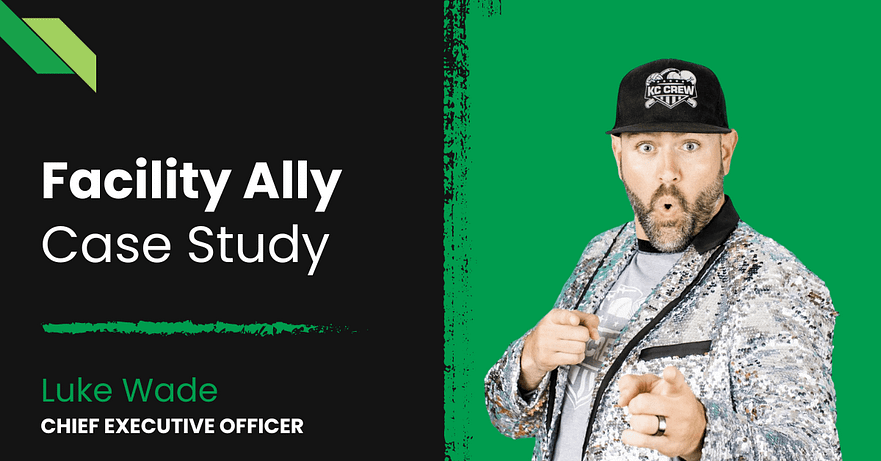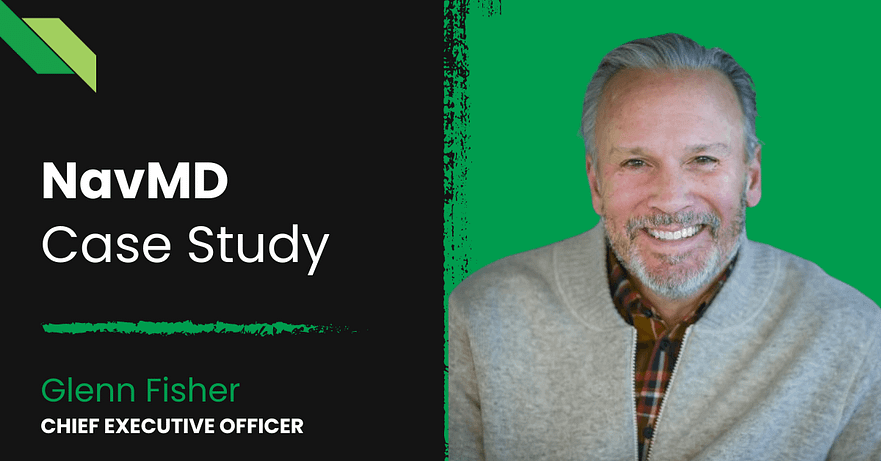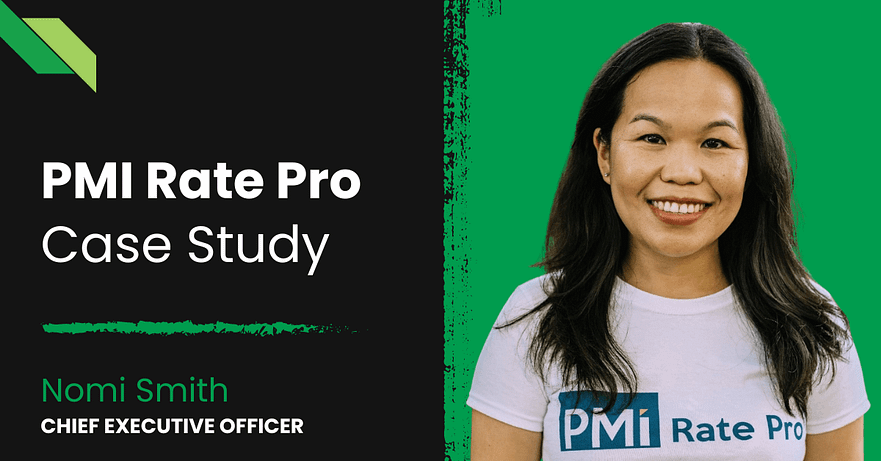Why React Developer Interviews Miss the Point (And How We Fixed Ours)
Testing React syntax is like testing typing speed for writers.
Sure, you need basic skills. But knowing where the comma goes doesn’t mean you can tell a story that matters.
I learned this the hard way two years ago. We placed a “React expert” at a fast-growing SaaS company. This guy could explain the virtual DOM like he invented it during his React developer interview. He knew every lifecycle method, every hook, every optimization trick in the book.
Three months later, the CTO called me furious.
“Your React genius built a user dashboard that takes 8 seconds to load. Users are complaining that simple actions feel broken. He keeps saying the code is ‘technically correct.'”
The developer wasn’t wrong. His React code was flawless. But he built a technically perfect disaster.
Why Most React Interviews Test the Wrong Thing
Here’s what every React interview looks like:
- “Explain the difference between useState and useReducer”
- “What’s the React component lifecycle?”
- “How does the virtual DOM work?”
- “When would you use useMemo?”
These questions miss the entire point.
React isn’t about knowing hooks. It’s about building interfaces that real people actually want to use.
I’ve seen developers recite React documentation for 30 minutes, then build forms that don’t give users any feedback when something goes wrong. They understand state management but have zero clue about user experience.
It’s like hiring a chef based on how well they can name kitchen utensils, then wondering why the food tastes terrible.
The Real Problem with React Hiring
After placing 300+ developers, I’ve noticed something disturbing. The React developers who fail aren’t failing because they don’t know React.
They fail because they treat React like a computer science exercise instead of a tool for solving real problems.
- The Syntax Masters can explain reconciliation algorithms, but build apps that feel sluggish and confusing.
- The Problem Solvers might Google useState syntax, but create interfaces that users actually enjoy.
Guess which ones get promoted?
The Developer Who Knew Everything (And Built Nothing Useful)
Last year, a client hired a React developer who scored perfectly on every technical question. He could explain fiber architecture, debate rendering optimization strategies, and write custom hooks in his sleep.
But when they asked him to build a simple file upload component, here’s what he delivered:
- No upload progress indicator
- No error handling for failed uploads
- No feedback when files were too large
- No way to cancel an upload in progress
Users clicked “upload” and… nothing. Just a spinning wheel and confusion.
When the product manager asked for basic user feedback, he said: “That’s not really a React thing. That’s more UX.”
He was technically right. And completely useless.
The company let him go after four months. They’re still fixing the components he built.
How We Fixed Our React Interviews
We stopped testing React knowledge. We started testing React judgment.
Instead of asking about hooks, we ask about experiences. Instead of syntax questions, we present real problems.
Our approach works because great React developers don’t just know React. They know why React exists and how to use it to solve actual problems.
Here’s what we learned: The best React developers think like product builders, not library experts.
Best React Interview Questions for 2025
Stop asking about syntax. Start testing judgment. Here are the questions that reveal real React ability:
1. The User Experience Test
Question: “A user clicks ‘Save’ on a form in your React app. Walk me through everything that should happen from the user’s perspective.”
What to listen for:
- Do they mention loading states, success feedback, and error handling?
- Do they consider form validation and preventing double submissions?
- Can they explain how to keep users informed throughout the process?
Red flag: They only talk about state updates and API calls, ignoring user experience.
2. The Performance Reality Check
Question: “Your React app loads a list of 1000 items and users say it feels slow. How do you approach this?”
What to listen for:
- Do they ask about user behavior and actual performance metrics?
- Can they explain virtualization, pagination, or lazy loading strategies?
- Do they understand the difference between perceived and actual performance?
Red flag: They immediately suggest React.memo without understanding the real problem.
3. The State Management Challenge
Question: “You’re building a shopping cart that needs to work across multiple pages. How do you structure this in React?”
What to listen for:
- Do they consider URL state, local storage, and session persistence?
- Can they explain trade-offs between Context, Redux, and component state?
- Do they think about data synchronization and error recovery?
Red flag: They pick a solution without asking about requirements or constraints.
4. The Component Design Test
Question: “Design a React component for a notification system. Users need to see success messages, errors, and warnings throughout the app.”
What to listen for:
- Do they consider accessibility, animation, and mobile responsiveness?
- Can they design an API that’s easy for other developers to use?
- Do they think about testing and edge cases?
Red flag: They focus on implementation details before understanding the user needs.
5. The Error Handling Reality
Question: “A user reports that your React app ‘randomly crashes’ when they use a specific feature. How do you debug and fix this?”
What to listen for:
- Do they mention error boundaries, logging, and reproduction steps?
- Can they explain how to gracefully handle JavaScript errors in React?
- Do they consider monitoring and prevention strategies?
Red flag: They assume it’s always a backend problem or suggest restarting the browser.
6. The Integration Challenge
Question: “You need to integrate a third-party payment widget into your React app. The widget uses jQuery and modifies the DOM directly. How do you handle this?”
What to listen for:
- Do they understand refs, useEffect cleanup, and lifecycle timing?
- Can they explain how React’s reconciliation might conflict with external DOM manipulation?
- Do they consider fallback strategies when the widget fails?
Red flag: They say “just avoid jQuery” without providing a practical solution.
7. The Real-World Problem
Question: “You’re building a dashboard where users can create custom reports with filters, sorting, and exports. Walk me through your component architecture.”
What to listen for:
- Do they separate data logic from UI components?
- Can they design reusable components that aren’t tightly coupled?
- Do they consider loading states, empty states, and error conditions?
Red flag: They create one massive component or over-engineer with unnecessary abstractions.
What Should You Ask in a React Developer Interview?
The best React interview questions test problem-solving, not syntax memorization:
- “How would you build [specific feature]?” – Tests architectural thinking
- “A user reports [specific problem]. How do you fix it?” – Tests debugging skills
- “Walk me through your component design for [business requirement]” – Tests product thinking
- “How do you handle [error scenario] in React?” – Tests real-world experience
- “Explain the trade-offs between [two approaches]” – Tests technical judgment
React Developer Skills Assessment Guide (Essential Skills vs. Nice-to-Have Knowledge)
Must-Have Skills
- Problem decomposition and architectural thinking
- User experience awareness and accessibility considerations
- Error handling and edge case management
- Performance optimization based on real metrics
- Component design for maintainability
Nice-to-Have Knowledge
- Latest React features and experimental APIs
- Advanced optimization patterns like concurrent rendering
- Specific library expertise (unless required for the role)
- Detailed knowledge of React internals
- Complex state management patterns (unless building complex apps)
How to Score React Technical Interviews
Don’t look for perfect React knowledge. Look for good problem-solving instincts.
Great React developers:
- Ask about user needs before discussing technical implementation
- Consider accessibility, performance, and mobile experience by default
- Explain trade-offs between different approaches
- Admit when they’d need to research something but show how they’d approach it
Poor React developers:
- Jump straight to code without understanding the problem
- Only consider the “happy path” where everything works perfectly
- Use complex patterns when simple solutions would work better
- Can’t explain why they made specific technical choices
The Developer Who Knew Everything (And Built Nothing Useful)
Last year, a client spent three months hiring a React developer who scored perfectly on every technical question. He could explain fiber architecture, debate rendering optimization strategies, and write custom hooks in his sleep.
But when they asked him to build a simple file upload component, here’s what he delivered:
- No upload progress indicator
- No error handling for failed uploads
- No feedback when files were too large
- No way to cancel an upload in progress
Users clicked “upload” and… nothing. Just a spinning wheel and confusion.
When the product manager asked for basic user feedback, he said: “That’s not really a React thing. That’s more UX.”
He was technically right. And completely useless.
The company let him go after four months. They’re still fixing the components he built—components that looked perfect in code reviews but failed completely in the real world.
This cost them six months of development time and $240,000 in developer salary and lost productivity.
How to Score These Interviews
Don’t look for perfect React knowledge. Look for good problem-solving instincts.
Great React developers:
- Ask about user needs before discussing technical implementation
- Consider accessibility, performance, and mobile experience by default
- Explain trade-offs between different approaches
- Admit when they’d need to research something, but show how they’d approach it
Poor React developers:
- Jump straight to code without understanding the problem
- Only consider the “happy path” where everything works perfectly
- Use complex patterns when simple solutions would work better
- Can’t explain why they made specific technical choices
What Our Clients Say About Our React Developers
“The React developers from Full Scale don’t just write code—they think about our users. Our app performance improved 40% after they optimized our components, and user satisfaction scores are the highest they’ve ever been.”—CTO at a fintech company
“Other React developers we interviewed could explain hooks perfectly but couldn’t build features that actually worked well. Full Scale’s developers ship components that feel polished and professional from day one.”—VP of Engineering at a healthcare solutions company
“The difference is night and day. Our previous React hire knew all the latest patterns but built interfaces that confused our users. Full Scale’s developers create React apps that actually make sense to real people.”—Head of Product at a data processing company
The Product-Focused Developer Difference
Here’s what separates great React developers from syntax experts:
- They build for users, not other developers. Every component decision considers the end-user experience first.
- They think in systems, not just components. They understand how their React code fits into the broader product ecosystem.
- They optimize for maintenance, not just performance. They write React code that other developers can actually understand and modify.
- They test with real scenarios, not just happy paths. They consider what happens when things go wrong.
The React developers crushing it at our client companies share one trait: They use React as a tool to solve real problems, not as an end in itself.
Why Most Companies Keep Hiring React Syntax Experts
It’s easier to ask “What’s the difference between useEffect and useLayoutEffect?” than to evaluate whether someone can build good user interfaces.
Most hiring managers aren’t technical enough to assess product thinking. So they fall back on syntax questions that feel “objective.”
But knowing React syntax doesn’t predict React success.
I’ve seen too many companies hire React experts who build technically correct disasters, then blame “the framework” or “remote developers” when users complain.
The problem isn’t React. It’s how you’re evaluating React skills.
The Full Scale Difference
We stopped testing React knowledge. We started testing React judgment.
Instead of asking about hooks, we ask about experiences. Instead of syntax questions, we present real problems that mirror what they’ll face on the job.
Our approach works because great React developers don’t just know React. They know why React exists and how to use it to solve actual business problems while keeping costs manageable.
Here’s what we learned: The best React developers think like product builders, not library experts. They understand that every component they build either helps or hurts your bottom line.
The difference in hiring costs:
- Traditional React hiring: $180,000 average cost per bad hire (salary + lost productivity + replacement costs)
- Full Scale’s proven approach: 73% reduction in hiring mistakes, 40% faster time-to-productivity
Let’s talk about how our product-focused approach can help you avoid the costly hiring mistakes that slow down most companies while accessing global talent that actually delivers results.



